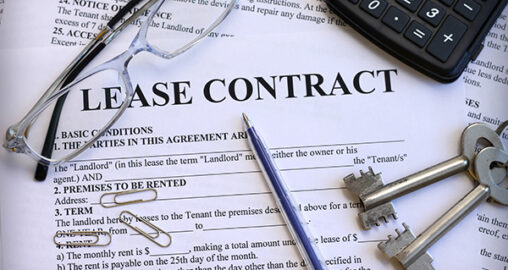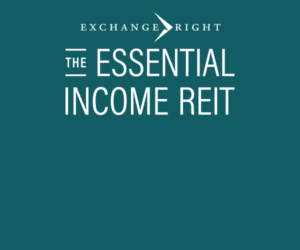Who Is the Right Capital Base for Opportunity Zones?
November 5, 2018 | Kelsi Maree Borland | GlobeSt.com
 Opportunity zone funds are the hottest topic in commercial real estate. Last month, the first round of regulations was officially released, answering many of the questions investors have about the funds—but not all of them. There are still a set of unknowns, most of which should be answered in a second round of regulation announcements at the end of the year. Other mysteries will have to come from experience rather than guidance, namely the question of who will be investing in these funds and which capital base is the best demographic for these opportunities.
Opportunity zone funds are the hottest topic in commercial real estate. Last month, the first round of regulations was officially released, answering many of the questions investors have about the funds—but not all of them. There are still a set of unknowns, most of which should be answered in a second round of regulation announcements at the end of the year. Other mysteries will have to come from experience rather than guidance, namely the question of who will be investing in these funds and which capital base is the best demographic for these opportunities.
“We haven’t seen a lot of focus on what the capital base looks like and who the right investors are for these projects,” Adam Hooper, CEO of RealCrowd, tells GlobeSt.com. “Is it going to be high net worth individuals that have capital gains, or is it going to be unaccredited investors that have capital gains? They are probably less likely to have capital gains, but there is nothing in this regulation that prohibits an unaccredited investors [sic] from participating and taking advantage of that gain deferral. We are trying to figure out the best capital base to fund these opportunity zone projects.”
RealCrowd is already looking at the prospect of opportunity zone funds, but says this is the firm’s biggest question. “We know we have the product and we know we have access to do these deals, but the interesting part is finding the right capital base to fund these projects,” says Hooper. Guidance on the capital will come from the opportunity zone fund regulations, while investor qualification falls under the purview of the SEC. “There no restrictions on who can invest, but there are more restrictions on the types of gains that are eligible to invest,” adds Hooper. “The opportunity zone pieces doesn’t impose a restriction on who can invest. That is really a securities issuance.”











